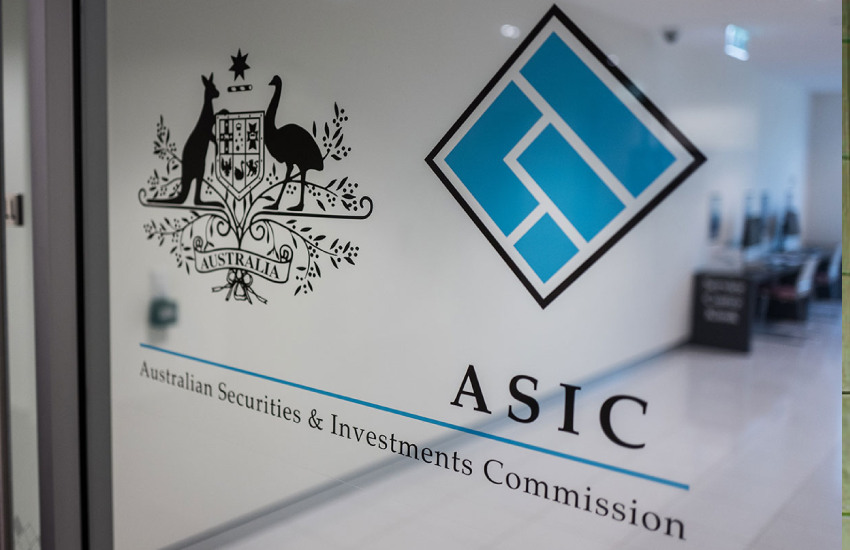ASIC provides update on super fees compensation
In an update on its fees for no service review, ASIC said that one of the major banks has now provided over $116 million in compensation to super fund members who were charged fees for advice but received no service.
In a public statement released this week, ASIC said that under programs to compensate customers impacted by the failure to provide advice services paid for by customers, the major banks and AMP had collectively paid or offered $350 million in compensation to over 120,000 customers at the end of January this year.
Additionally, the institutions have provisioned more than $800 million towards potential compensation for further systemic FFNS failures. However, these reviews are incomplete, ASIC said.
NAB’s superannuation trustee, NULIS Nominees (Australia) Ltd, has paid or offered over $116 million in relation to plan service fees for general advice.
NAB was forced to provide answers about super fund members unknowingly being charged fees from its MasterKey Personal Super (MKPS) member accounts for no service during the superannuation round of the royal commission last year.
MLC’s trustee, Nulis, stated that it would stop deducting plan service fees from MLC MasterKey Personal Super (MKPS) member accounts from 30 September 2018, and that it would refund all MKPS members for planned service fees paid while in the product.
In September last year, ASIC announced that it had initiated proceedings in the Federal Court of Australia against two entities in NAB’s wealth management division, Nulis Nominees (Australia) Limited and MLC Nominees Pty Ltd.
ASIC said that the court proceedings were related to fees charged by both entities to a significant number of their superannuation members for services that weren’t provided.
The review being undertaken by ASIC shows that most of institutions are yet to complete further reviews to identify systemic fees for no service failures beyond those already identified and reported to ASIC since 2013.
ASIC commissioner Danielle Press said that the institutions had taken too long to conduct the reviews and welcomed the government’s commitment to give ASIC new directions powers that could speed up remediation programs in the future.
“These reviews have been unreasonably delayed. ASIC acknowledges that they are large-scale reviews — they relate to systemic failures over long periods with reviews going back six to 10 years and cover 36 licensees from the six institutions that currently authorise more than 7,000 advisers,” Ms Press said.
“However, we believe the institutions have failed to sufficiently prioritise and resource their reviews, particularly as ASIC advised them to commence the reviews in mid-2015 or early 2016.”


